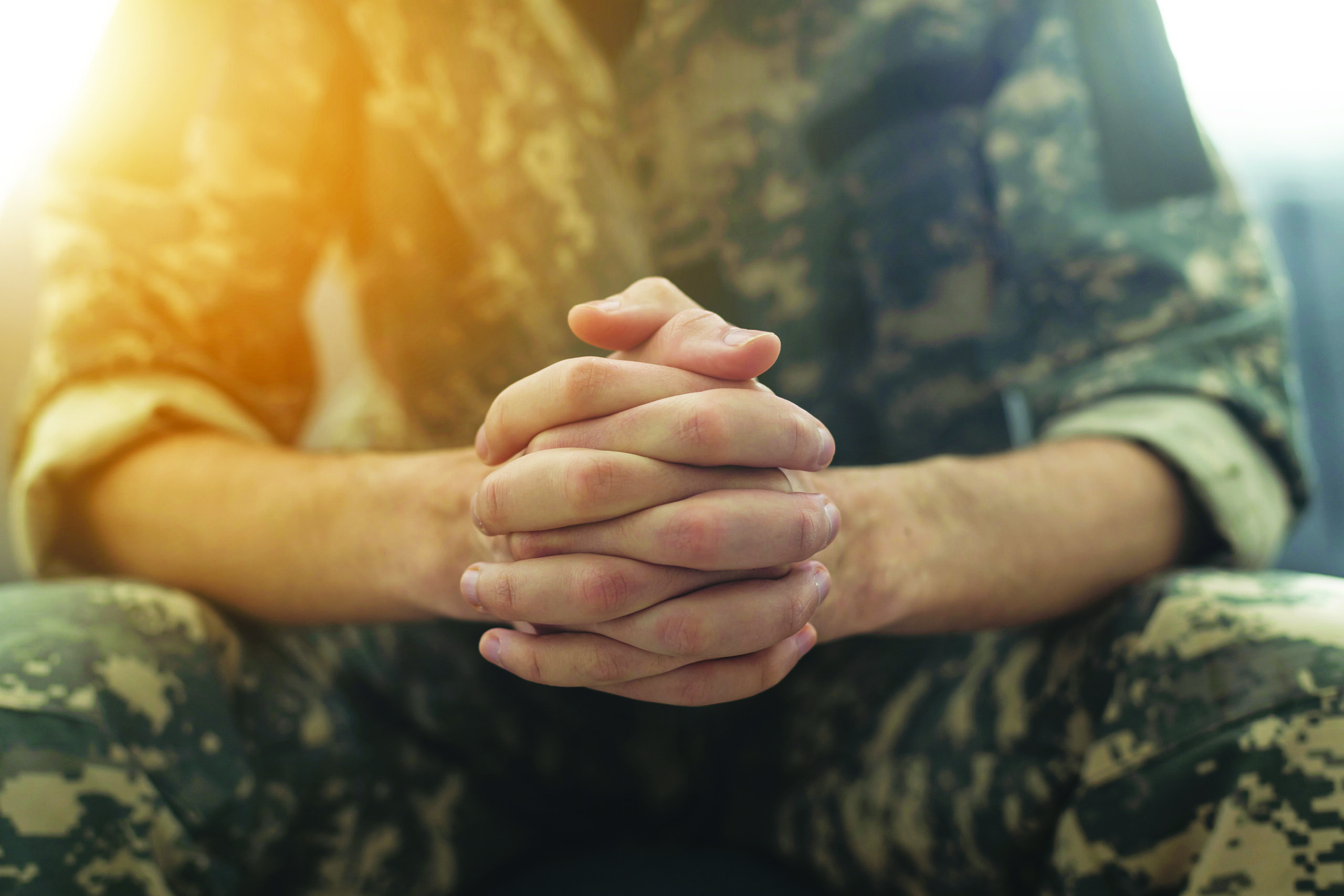
By Nate Conley, Operating Director at Cornerstone Caregiving, U.S. Army Veteran
Speaking as a Veteran myself, I am fully aware that we can be an incredibly difficult, uncooperative and stubborn bunch. Nevertheless, those obstacles presented don’t eliminate the needs for care that exist. Unfortunately — and far too often — those challenges do cost Veterans access to potential benefits that can positively impact their mental, emotional and physical wellness.
Having interactions with veterans of all ages, backgrounds and experiences, it is very common for this group to harbor feelings of resentment when it comes to either asking for and admitting they need help, or even their feelings toward the VA itself. This can be an immensely difficult impediment to helping them seek the assistance they need.
After all, you can’t truly help someone who doesn’t either want to be helped or doesn’t recognize that help is needed. In these scenarios, here is a suggestion that has proven beneficial in getting through to the veterans directly and/or equipping their families and loved ones with the tools to help convince them of being open to getting the care that is needed.
Community involvement and Social Interaction
Although isolation is frequently a perceived desire for older veterans, this can serve as a perilously debilitating factor on the Veterans’ mental and physical well-being. In my experience, the bond shared by Veterans is an invaluable one. That connection is not able to be replicated by anything else.
Encouraging involvement in a local Veteran-led group or VFW post seems insignificant to others, but it is an environment that can aid in the process of opening their minds to the necessity and advantages of getting the help they need. You will often find resources and advocates for these types of services in those places and can connect them with veterans who are able to recount how their experiences assisted them in improving their overall health.
This helps to remove stigmas and stereotypes and allows them to see its positive effects firsthand. Hearing these suggestions and recommendations from another veteran in a place where Veterans feel safe and honored for their service and sacrifices is far more effective than you can imagine. That sense of camaraderie and inclusion is something that almost always exists in these individuals and there’s a hope and spirit of anticipation with these places and the events held within that tend to have a naturally positive effect on their mental and emotional status.
It may seem too easy of a potential solution, but it should not be overlooked or dismissed. It certainly is not the only solution and still may be resisted, but veterans connecting with other veterans is a pursuit that must be explored when possible. Just as our society is aging, the population of veterans is also an increasingly aging one. These challenges will not disappear with time, so it is important to understand the impact of seemingly easy and practical solutions like this.
On a personal level, I can’t tell you how many families who I have spoken with that describe the frustrations with their veterans who are opposed to anything related to the VA or any care that requires them to admit they need it. Being able to reach out to them and connect as a Veteran, rather than an operating director, invites a completely different dynamic that immediately reduces so many of the initial barriers that so often lead to dead ends. The frustrations that accompany trying to help a loved in in denial are very real.
Don’t do the fighting that others who also fought for their country can sometimes do for you. Get them connected. Help get them that outlet and see what possibilities and conversations that will open up because of it.



